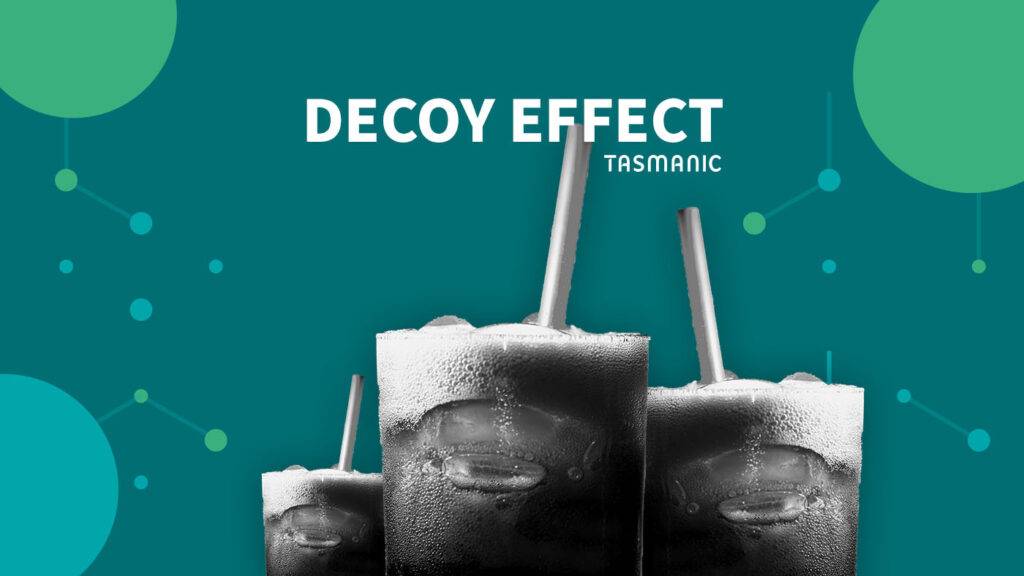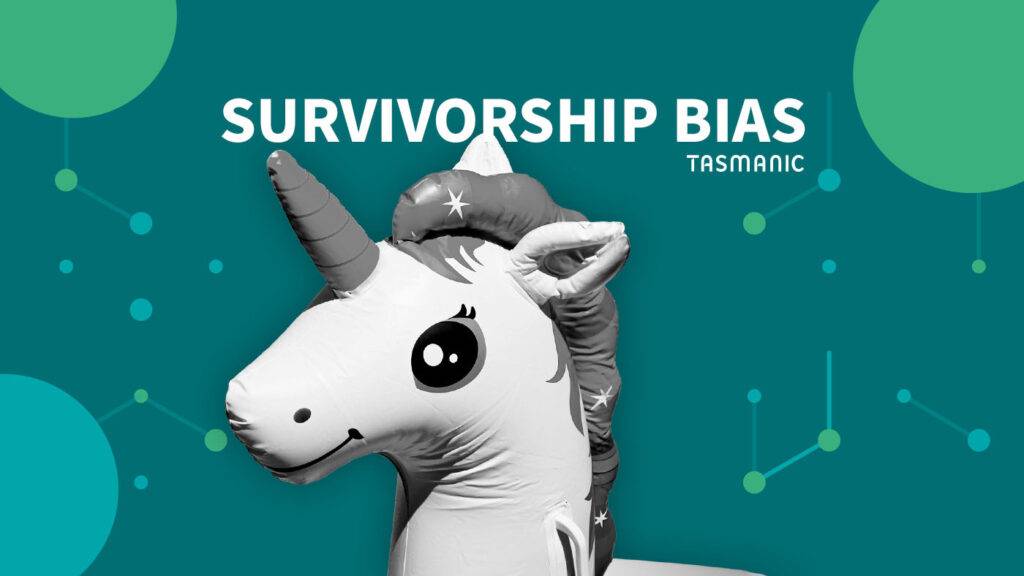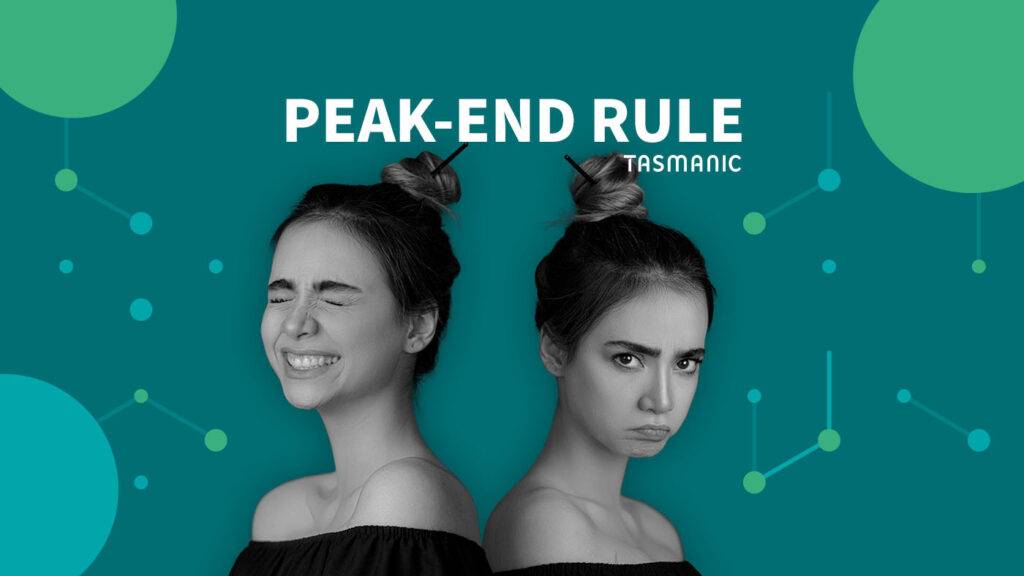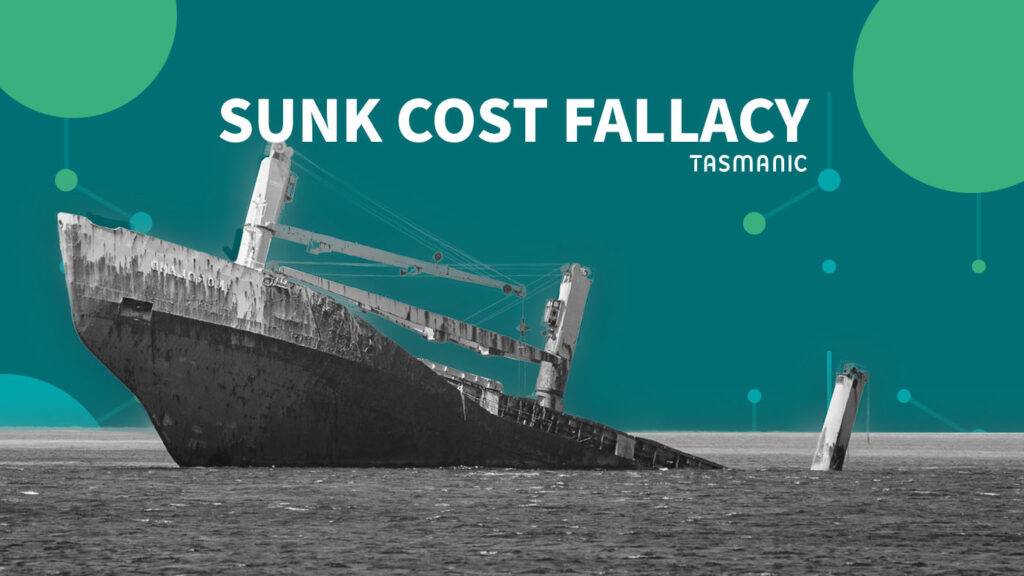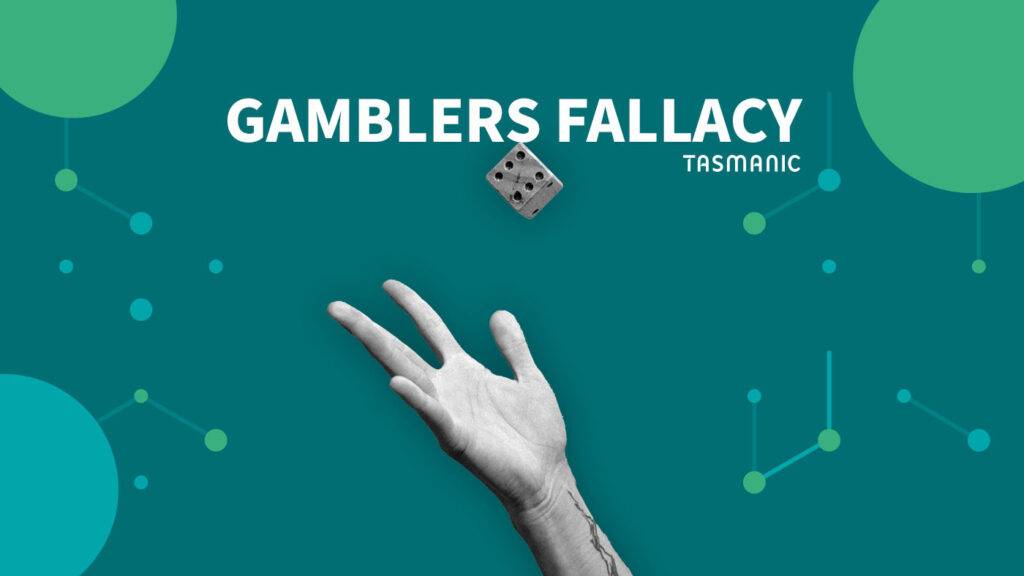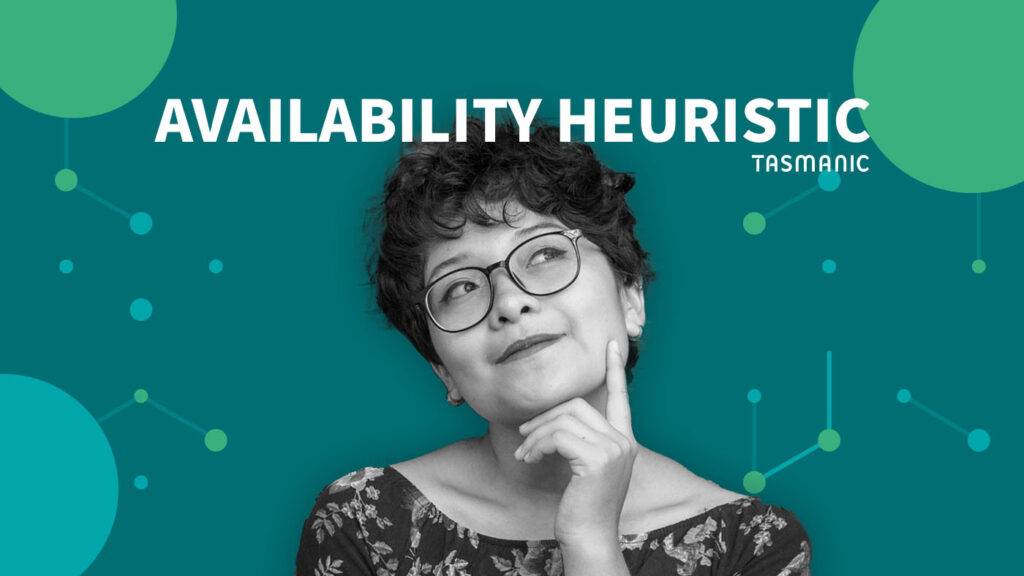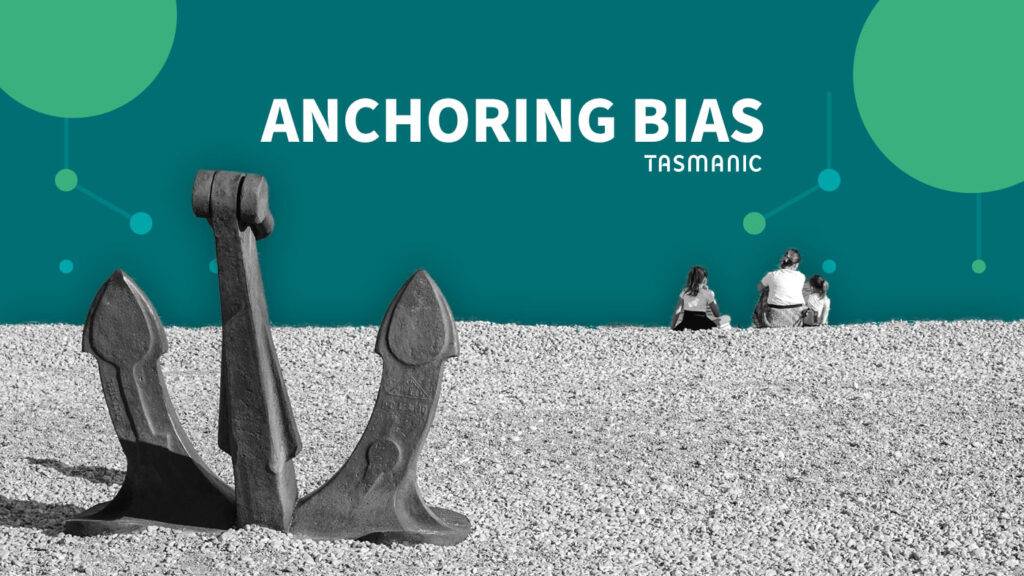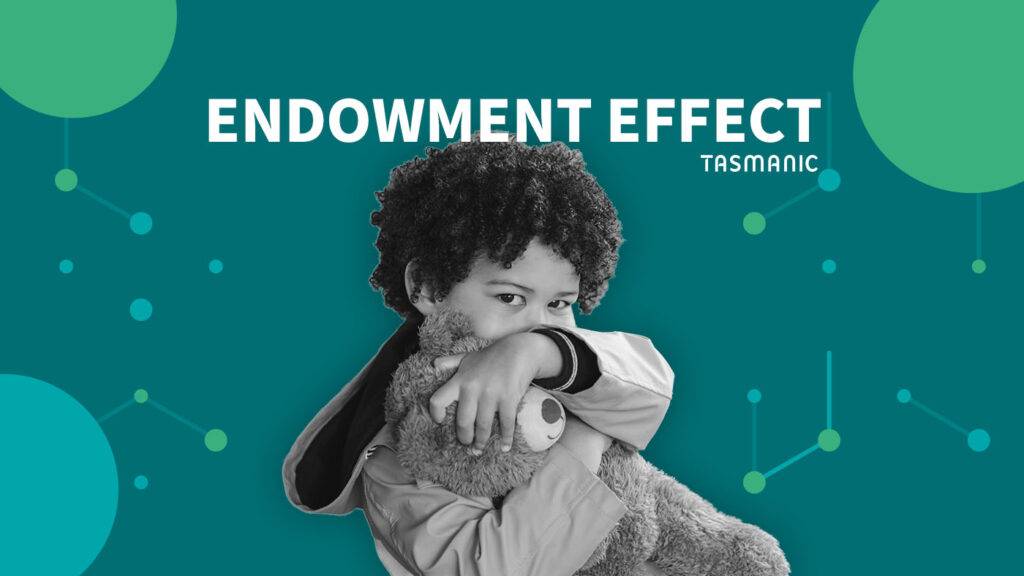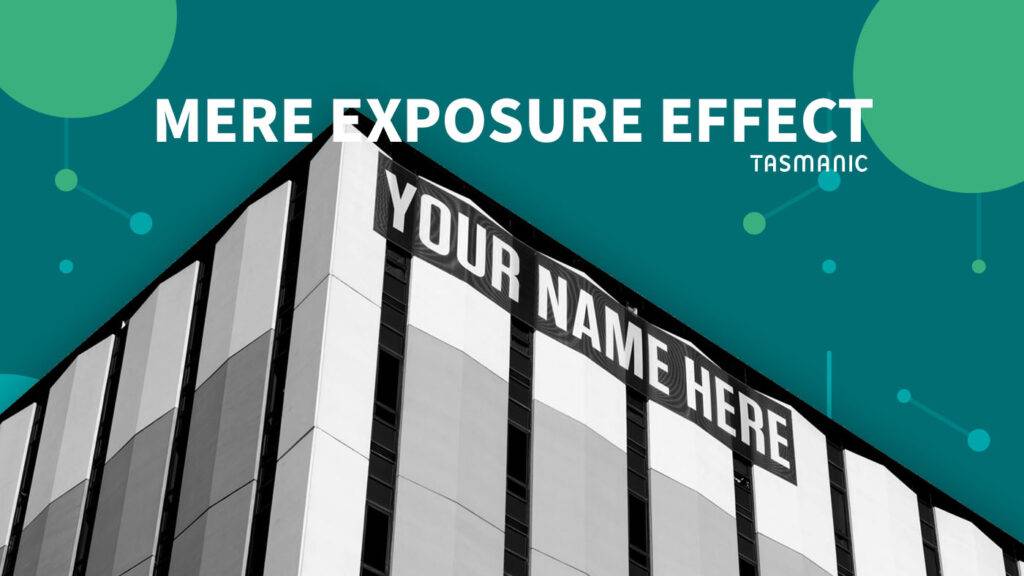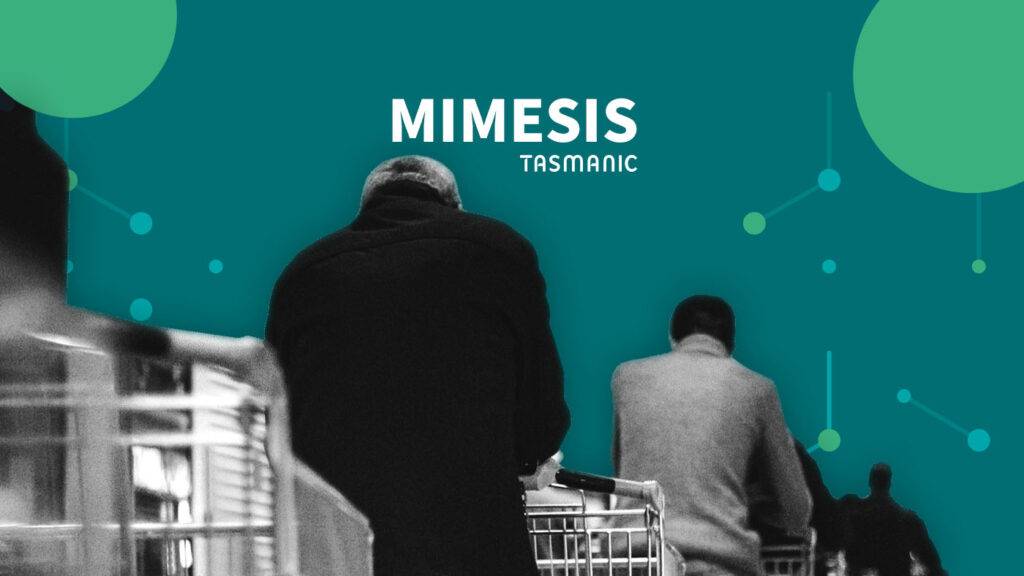Articles on Biases
Explore the fascinating world of cognitive biases and their impact on decision-making and marketing. Our articles highlight how these unconscious thought patterns influence our behavior and how you can harness these insights for more effective communication and marketing.
Decoy effect: how your brain is deceived
The decoy effect makes either option more attractive, by adding a third alternative to it. You control the preference of people who have to make a choice, by...
Read moreSurvivorship bias: what is it? Examples & tips
The Survivorship bias is a fallacy that makes you look only at the good outcomes. So do you judge the start-up world by the success stories such as Facebook, Adyen and Thuisbezorgd?
Read morePeak-end rule (rule of peak and expiration)
What is the Peak-end Rule? It is a psychological insight that describes that primarily the peak and the end of an experience determine how a person remembers it.
Read moreSunk Cost Fallacy (Concorde Effect): Definition, Examples and Application
What is the Sunk Cost Fallacy? It is the tendency to continue with something when an investment of money, effort or time has been made, even though it has...
Read moreGambler's Fallacy.
The Gambler's Fallacy is the brain's tendency to assume that the probability of something happening changes, as a result of what has happened before
Read moreAvailability heuristic.
The Availability Heuristic is a mental fallacy based on availability. Of that which is readily available in the brain, we wrongly expect it to occur frequently or recur...
Read moreAchoring bias: what is it? And how can you use it?
The powerful effect of the "anchoring bias" is a not to be underestimated bias that is automatically created in our brain. We'll explain how this effect affects customers in their...
Read moreEndowment effect: what is it? + examples for entrepreneurs
The endowment effect describes how customers place more value on something that (instinctively) belongs to them than on something that does not (yet) belong to them. So make your customers already...
Read moreMere exposure effect: what is it? + marketing examples
The brain prefers to store at what feels familiar. The mere exposure effect describes how familiar stimuli (words read, images viewed, sounds heard, etc.) feel more pleasant to the brain, and...
Read moreMimesis, what can you do with it in online marketing?
Mimesis is Ancient Greek and means imitation, imitation, imitation. It is also a concept developed by French anthropologist René Girard. He observed that much (buying) behavior is not spontaneous or out of...
Read moreAre the results from your online marketing disappointing?
Request our no-obligation performance scan and we'll tell you where you're going wrong.















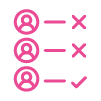

 Team
Team FAQ
FAQ Vacancies
Vacancies Contac
Contac AWR
AWR Ahrefs
Ahrefs Channable
Channable ContentKing
ContentKing Leadinfo
Leadinfo Optmyzr
Optmyzr Qooqie
Qooqie Hubspo
Hubspo Semrush
Semrush

